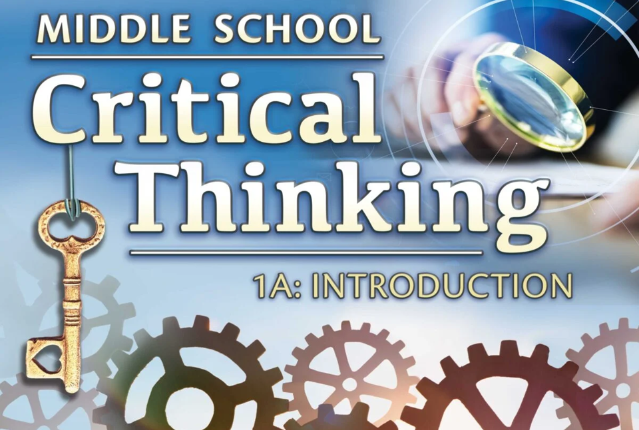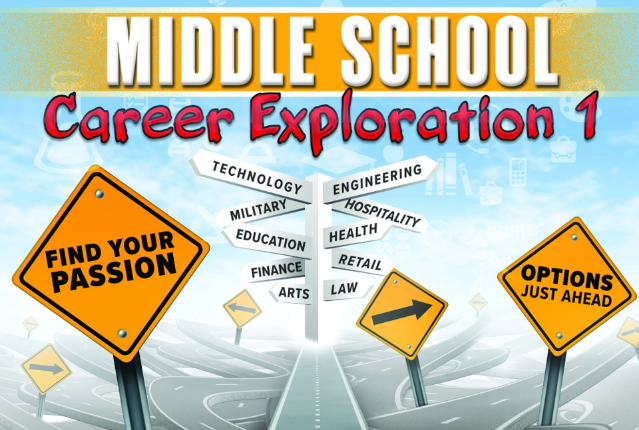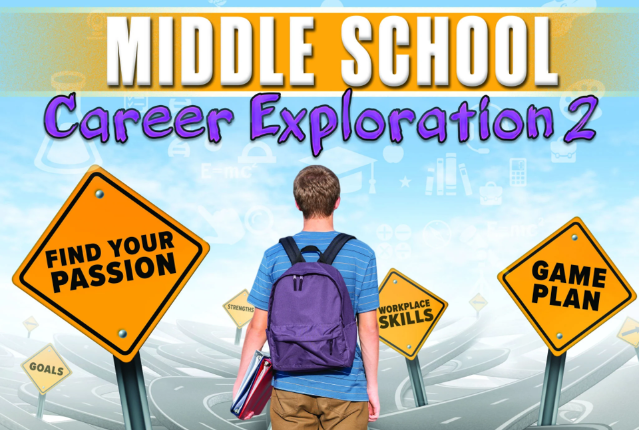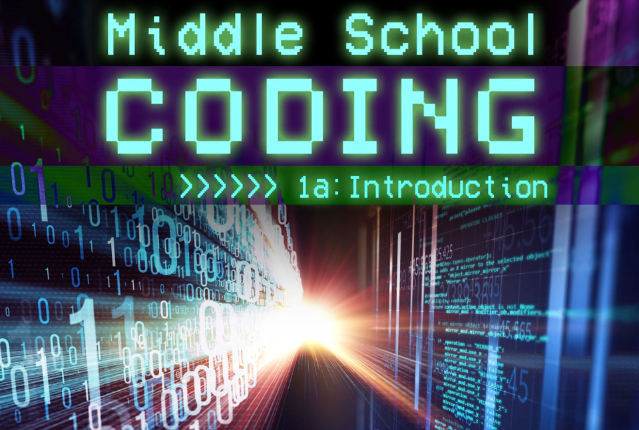
Middle School Critical Thinking 1a: Introduction
Our brains are incredible tools, and they help us observe, analyze, create, and take action every single day. In this course, you are going to learn to unlock one of your brain’s most stunning powers: critical thinking! Get ready to go on an adventure and solve mysteries by applying your own critical thinking skills as you make your way through your units. Then, you’ll use these specialized skills towards issues in the real-world both inside and outside of the classroom. Tap into your most powerful tool today!
Review course outlineAccess for a year
USD 299.00*
* Choose more courses to get a discount




